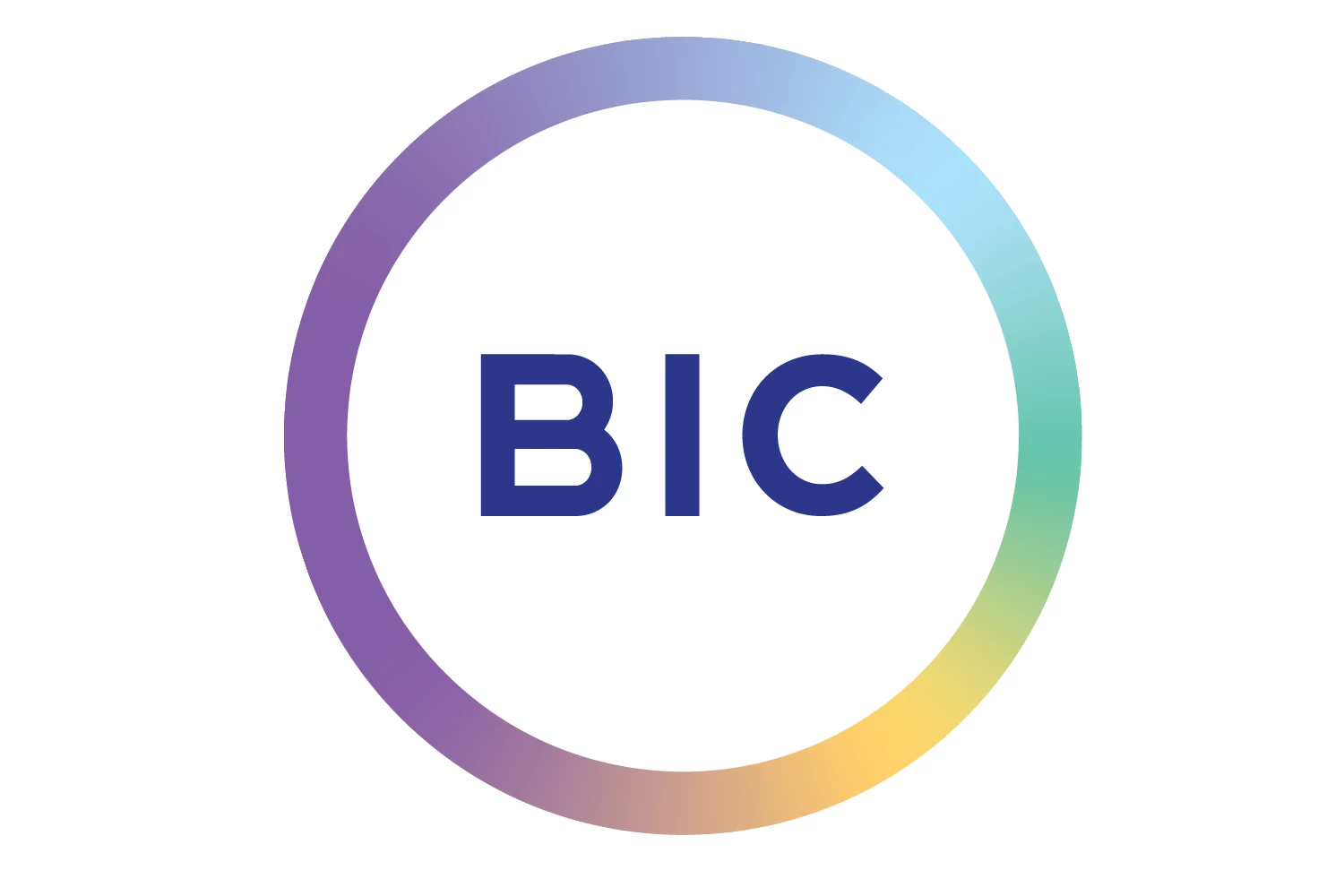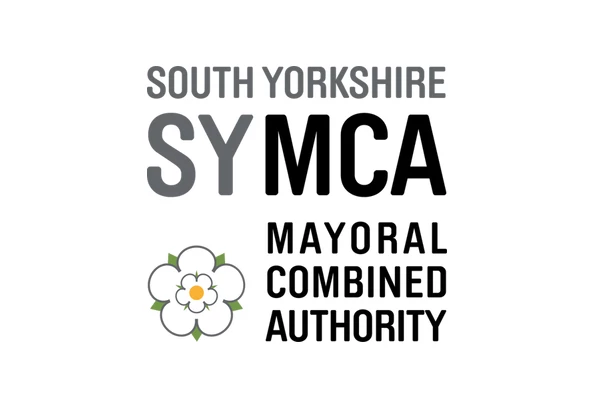
Member Article
Latest tax tips and advice roundup
Employment allowance rules
Employment allowance (EA) is a credit claimed by employers against their NI bill. From 6th April 2016, the allowance has been increased from £2,000 to £3,000, although new rules could see some companies lose the allowance altogether.
New rule
Companies with only one employee – acting as the director – will lose out on the entitlement.
How do I ensure I don’t miss out?
Tax experts have spotted a loop hole with the new rule by adding a partner or spouse to the payroll and giving them a token salary.
Be aware that this salary would need to be above the NI primary threshold of £156 per week. Failure to do this could see you running afoul of the HMRC’s anti avoidance rules.
Death of a shareholder
The serious illness or death of a shareholder, while being an emotional time, can also be a stressful one in business. Having a plan in place should anything happen is not only common sense but also good business sense.
The small print
Having a thorough shareholders’ agreement, including options for incapacity or death; can help companies avoid any difficult conversations in equally challenging situations. There are two options worth considering when drawing up the agreement.
Pre-emption rights – the directors’ shares will automatically be transferred to a named shareholder upon their death. Purchase rights – the deceased’s shares go to their estate with the proviso that they are sold only to the company or shareholders. It is important to agree a value of the shares during the agreement to avoid future disputes.
If the second option is chosen, then it is advisable to include a clause in the agreement stating that any voting rights be passed to the board subject to the shares being transferred to the new owners.
Tax free loans – how to make the most of this useful perk
As company director you can borrow money from your company as a directors’ loan. This can trigger two tax charges, a personal one and a company one. If managed correctly, there are legitimate ways in which you can take out a directors’ loan and be exempt from tax.
Personal tax
The maximum you can borrow from a company without it counting as a taxable perk is £10,000. If you keep your borrowing below this amount you will be exempt from tax charges.
Company tax
A company must pay 32.5% (previously 25%) of the amount owed to it by each director on the last day of its financial year. That is unless the director repays the loan with nine months.
Borrowing from Peter to pay Paul
One very simple work around to the company tax rule, was to take out another directors’ loan to pay off the old debt, effectively giving you a never ending cycle of replacement loans to avoid any tax implications.
Anti-avoidance rules
As with most ‘too good to be true’ scenarios, changes were implemented to put an end to the loan cycle of avoidance. If a company makes a loan 30 days before or after a director repays a previous loan, the repayment is ignored for the purpose of working out if a tax charge arises.
Some may say why not take out a bank loan to pay off the loan within 30 days and then take out another directors’ loan after the period to pay off the loan. Simple. Unfortunately, the anti-avoidance rules have a clause to catch this type of arrangement.
Fortunately, there is a way around this clause as it only applies where the loan amount is greater than £15,000.
Example:
Company A’s financial year ends on the 31st March 2016. On that date its director, Steve, owes the business £8,000. On the 8th August 2016, Steve pays off the loan amount with his personal overdraft. On the 10th September, Steve takes out another directors’ loan of £8,000 to pay off his overdraft. This arrangement escapes any company tax charges and because it is less than £10,000, Steve is also exempt from any tax.
This was posted in Bdaily's Members' News section by Kyle Daniels .



 How advancements in technology are shaping the future of the economy in North East England
How advancements in technology are shaping the future of the economy in North East England
 South Yorkshire Craftsmanship and Innovation: A Tale of Heritage and Growth
South Yorkshire Craftsmanship and Innovation: A Tale of Heritage and Growth
 Demystifying Degree Apprenticeships
Demystifying Degree Apprenticeships
 Industry-focused apprenticeships pave the way for a bright future in science manufacturing
Industry-focused apprenticeships pave the way for a bright future in science manufacturing
 What’s the best hosting plan for a business website?
What’s the best hosting plan for a business website?